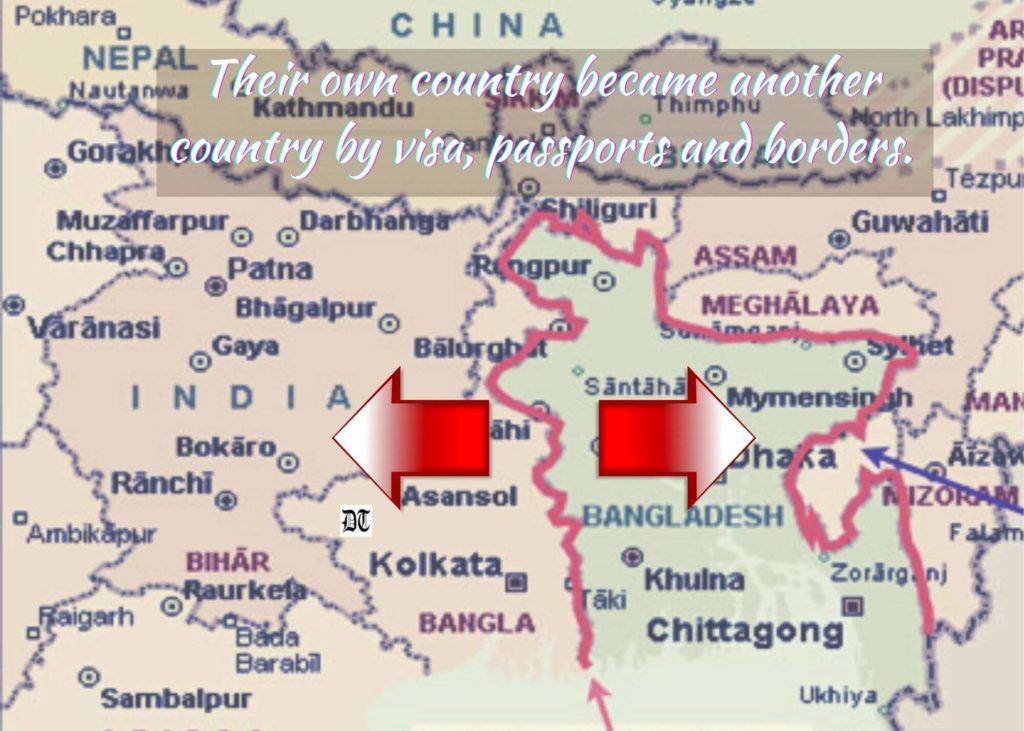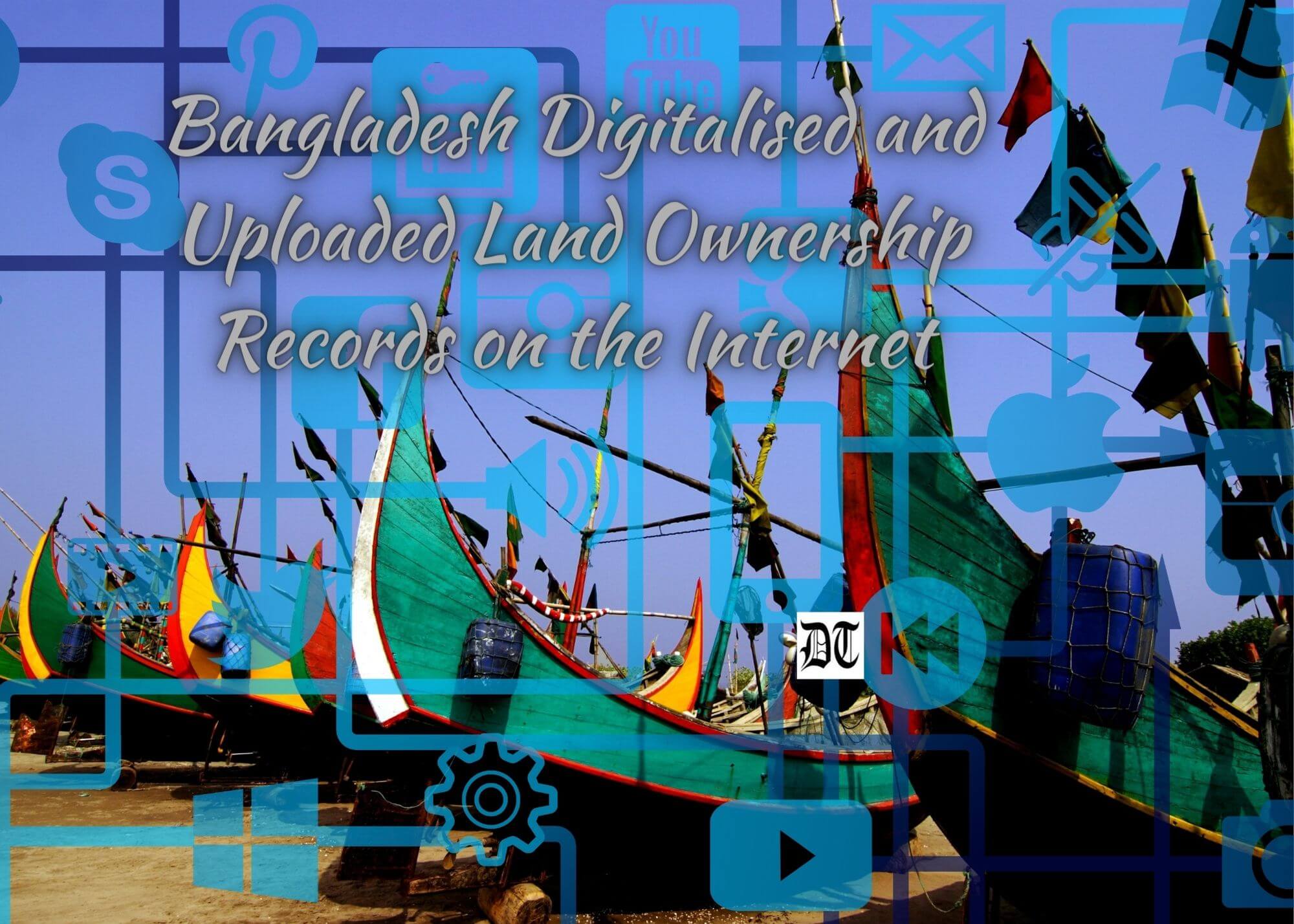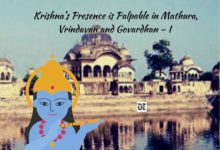Tabassum informs that the Bangladesh government has digitalised and updated land ownership records, on the Internet. An analytical report exclusively for Different Truths.

“Old Time, that greatest and longest established spinner of all, his factory is a secret place, his work is noiseless, and his hands are mutes.” ~ Page 4, Chapter XIV, The Great Manufacturer, Charles Dickens
These are depressing times. Now, the news of death tolls and funeral processions absorb us. There is some ‘matter of concern’ information slipping our eyes and ears among this bleak news. The Bangladesh Government has recently updated all land ownership databases on the internet.
In the part of RS Khatian, one does not have to know everything. They can go to the ownership name section and search with their family name (last word). The landmark number left by their ancestors and the names of the former men will surface.
A respected person from an ancient family shared the news with me. It overwhelmed me with joy. Some might see it as if we are still living in the colonial era. But it is more than that. It is soothing for the eyes and the mind.
The families whose land history dates back to Queen Victoria and Edward VII are now less than one percent in Bangladesh.
The families whose land history dates back to Queen Victoria and Edward VII are now less than one percent in Bangladesh. The titles given by the British Raj are tales of the past now. Some old generations would still like to wander in the reminiscence of the time gone by. The ancient families are almost on the verge of extinction. Does this family history is all about the reminder of the glory days and old days?
Tragic Memories
Let us dig deeper into the matter. There are sour and tragic memories involved as we look back to 1947 and before and afterwards. The partition by the British has left a deep, dark wound in the generations. The people who have migrated to India from then East Bengal and the people who migrated to East Pakistan from Undivided Bengal of the sub-continent could never recover from the trauma they faced.
The country where they were born and raised but had to leave everything behind.
The country where they were born and raised but had to leave everything behind. These included their lands and ancestral homes. In the new country, they didn’t have the privilege of pomp and title conferred by the British Raj. And those who remained in their homeland regardless of faith and religion lost a part of them by separation. Some became isolated because their friends were living in another country. The two communities shared a harmonious bond, especially the ancient families.
The mayhem that followed post partition left a deep irreparable scar in both communities. After seventy years, we still witness the deep tension between the two communities. Religion has hardly anything to do with it. From my point of view, the families who had to leave their homeland, friends and everything and had to go through mayhem and then had to settle in another country could never get over with it.

Lost Touch
In time, they started losing touch with the relatives and friends they left behind. Their own country became another country by visa, passports and borders. There was a deep psychological impact. The experience they shared with such a deep profundity to the next generations that the next generations were living with it.
It was a psychological transfer of memories and trauma, and we never got over it.
It was a psychological transfer of memories and trauma, and we never got over it. The generations inherited those recollections both of grandeur of the British Raj and bitterness of the partition that it became a severe psychological issue.
Many significant historical events take place. We see only the faces of the famous and those in power. But we forget and failed to feel and acknowledge how historical events turn upside down the peoples’ lives at the background of the historical events as depicted by Charles Dickens in The Tale of Two Cities.
British Used Religion
Rulers like the British use religion to divide, rule, and finally leave the mess before their departure. But why do we still want to see the land documents that date back to Queen Victoria’s era? Even with the presence of cognitive dissonance, we long to see the land documents dating back to the time of the British Raj on a digital website. Time changes everything but not for all of us, as Thomas Hardy says in ‘Romantic Adventures of a Milkmaid’. “Time changes everything except something within us which is always surprised by change” We are both surprised and always shocked by the changes brought by time.
We want to visit virtually via land documents to the old-time where our ancestors lived.
We feel the time that went by our ancestral history is no longer relevant to the present. We want to visit virtually via land documents to the old-time where our ancestors lived. And we like to feel the time that has passed by.
The subconscious may be wanting to resurrect the past with glory in the inner mind. Because deep inside our hearts, something related to that past, even the land documents, reminds us of departed time, old time-period, joy and sorrow that are never to return.
Visuals for Different Truths





 By
By


 By
By